Mic. 5:1-4a; Ps. 80:2-3, 15-16, 18-19; Heb. 10:5-10; Lk. 1:39-45
“Behold, I come to do your will…By this ‘will’, we have been consecrated through the offering of the body of Jesus Christ once for all.” When we unite our will to the “will” of Jesus Christ, by his offering for our sins we are redeemed. Our blessed Mother Mary gave her fiat to do the will of God as the “handmaid of the Lord”. She is “blessed” for coming to believe and accept what was spoken to her. It is our turn now to respond to the will of God and be among the “blessed”. We are reminded that the spirit is willing but the flesh is weak so we pray, “Lord, make us turn to you; let us see your face and we shall be saved.”
We need God to work in us and with us to respond with faith “Behold, I come to do your will.” `It is one thing to know and to choose what we are accepting and another to trust in faith and enter into the unknown will of the Father through the Son and in the Holy Spirit. We want control of not only our life but our world and God gets a good laugh. All creation is of God and from God including the dust we come from. The root of our anxiety and restlessness is not recognizing the truth of our creation and existence under the will of God. Devine providence is the understanding of God’s direction in our life while allowing our free will to choose to follow or reject his will.
How often do we respond to the will of God in our daily life? As often as we look for him in thought, prayer, and action we see the will of God working in our lives. His ever presence is manifested to work for the greater good in our lives and we are to give praise without ceasing. God is not for 911 calls only to rescue us in times of crisis, he is not our buddy to agree with us in all our justifications and he is not the executioner to condemn us for all our sins.
A relationship with God is not based on crisis management. Even when many may claim to have faith in God, it is not the relationship they seek but the safety valve they hope to have available when crisis happens. Otherwise, God is the emergency lever waiting to be pulled but hoping it is never needed. A relationship with God is active giving of self to him and receiving greater faith, hope, and love to bring peace and justice to our world. We are to call out to God “I come to do your will!”
God does not call us “friends” by acceptance of our sins. God calls us friends by coming into our humanity through Jesus Christ to raise us up to his divinity. It is a call to perfection by shedding of our sins transformed into the spotless lamb through the body and blood of Jesus who we enter into communion with at Mass. He calls us friends by his gift of himself and all the graces he desires to pour into us. What we do with ourselves is our gift of ourself back to him. This is a true relationship of love and friendship.
God does not condemn us. Our sins condemn us by our will and not his will. God allows by our free will to determine our judgment. He is there to strengthen us against our very weakness to sin. The great sin of pride opens the gates to other sins when we desire to go on our own and do it “our way” not God’s way. Judgment is a revelation of having gone our way. God is love and love meets justice with mercy. Today is the day of mercy before the day of justice comes calling.
When was the last time we said, “Behold, I come to do your will Lord”? We come to Mass and give thanks, we offer praise, and we celebrate our blessings but do we ever offer ourselves to God? Mass is also to be an offering of ourselves to Jesus in union with his offering to the Father through the Holy Spirit. More often people may complain of what they don’t “get” out of Mass than to declare what they give in Mass of themselves. The sacrifice of the Mass is the one giving of Jesus to the Father and we have this opportunity to enter into his giving of himself by being open to do his will joining in this one sacrifice as we receive his body and blood in communion.
We pray, “Thy kingdom come, thy will be done on earth as it is in heaven”. We are inviting Jesus into our lives to live in his kingdom present in the world by doing his will. What is the will of the Father? That all may be saved even as some are lost by rejection of his will. We do his will when our service to God is to give witness of our faith as an act of evangelization.
When the crowds were asking John the Baptist, “What should we do?” in Luke 3:10 his response was of self correction, “share with the person who has none…stop collecting more than what is prescribed…do not practice extortion, do not falsely accuse anyone, and be satisfied with your wages.” In other words, do the right thing, let your will not give into the temptation to take advantage of your situation, your power, your rights but allow them to be of service in doing good and avoiding evil. What should we do? Do the right thing in all the little things that you may stand in justice before God. Let us begin with where we are and who we are before God and return to do his will.
The “will” does not operate separate from the intellect and emotions but all work together to the fullness of our identify and our humanity as our soul. Our soul raises us up to God’s divinity in cooperation with God’s will. The soul is reflected through the will, intellect, and emotions, as the spiritual being within us. Thus, the soul gives its fiat to God through affirmation of the mind, love of the heart, and willful response in its action as a confirmation to the will of God. It is not about us it’s about him. What should we do? We come to do the will of God by entering into relationship with the one God in the Trinity.
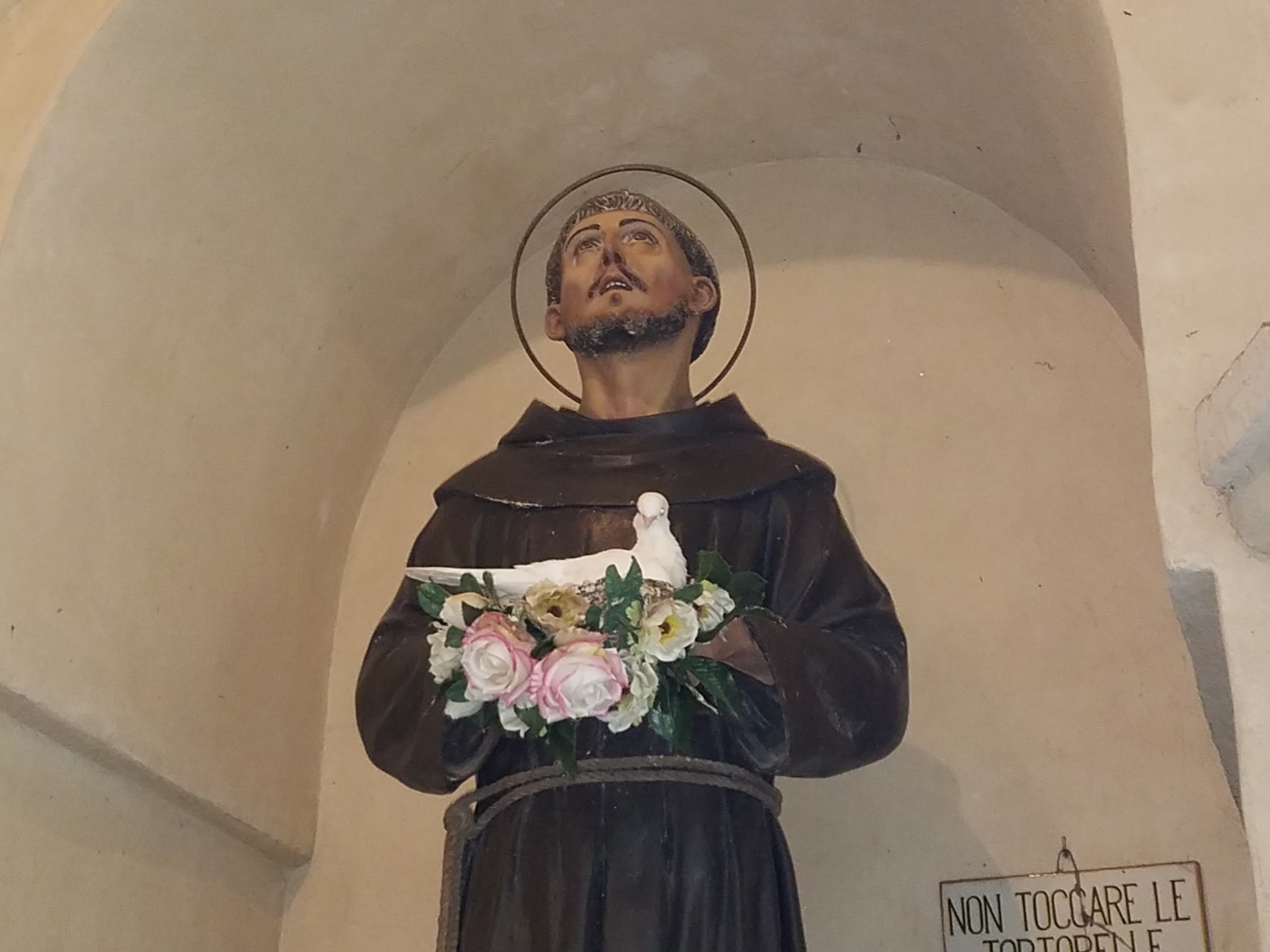

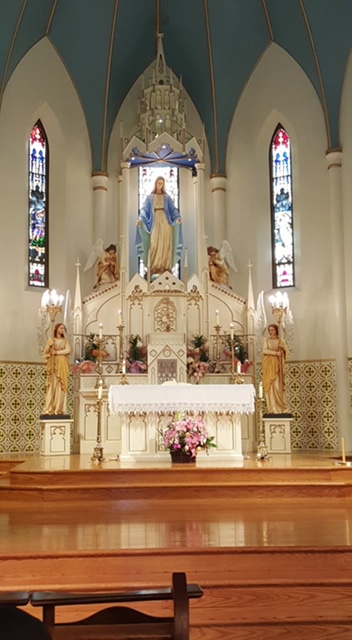
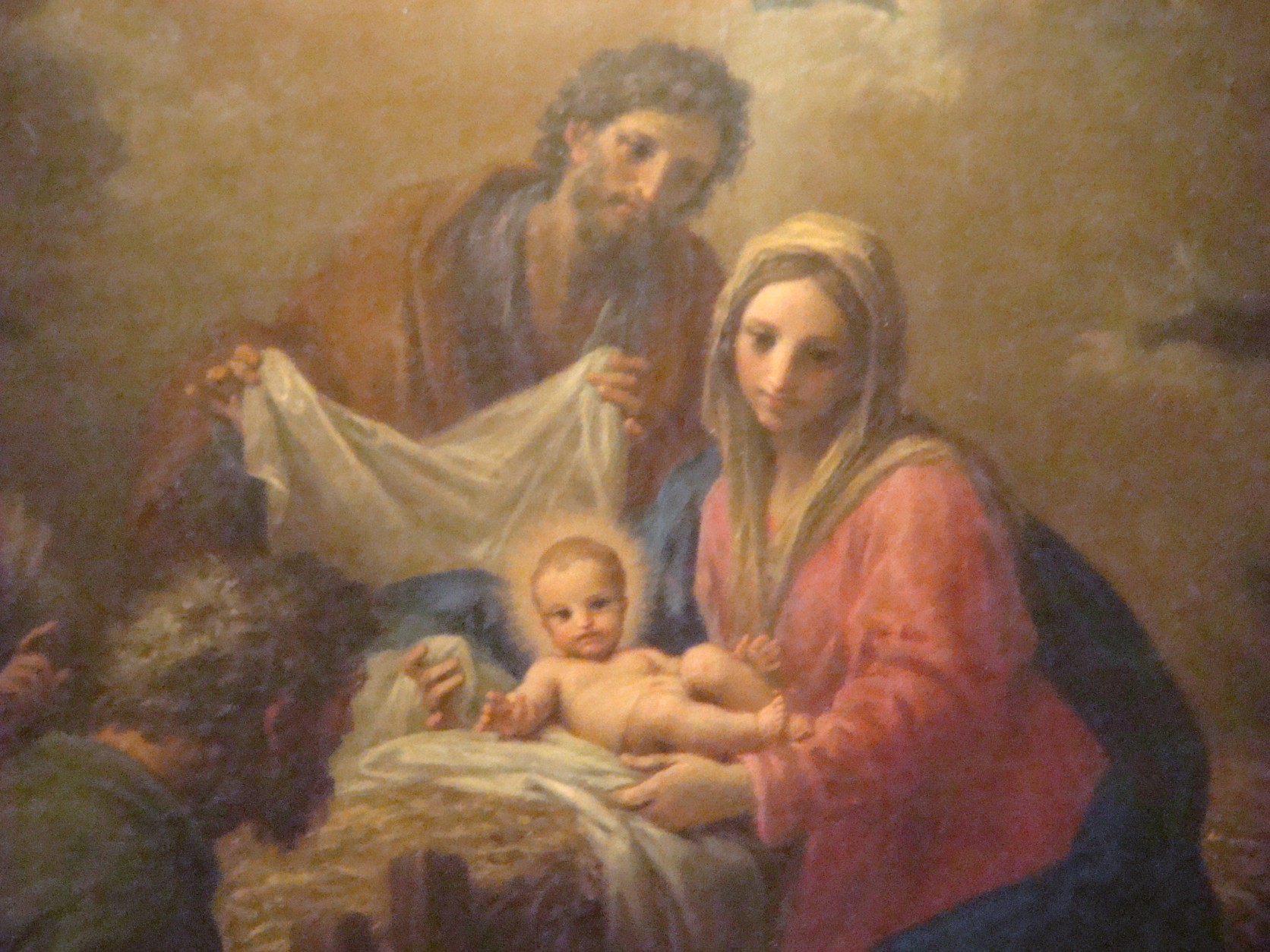
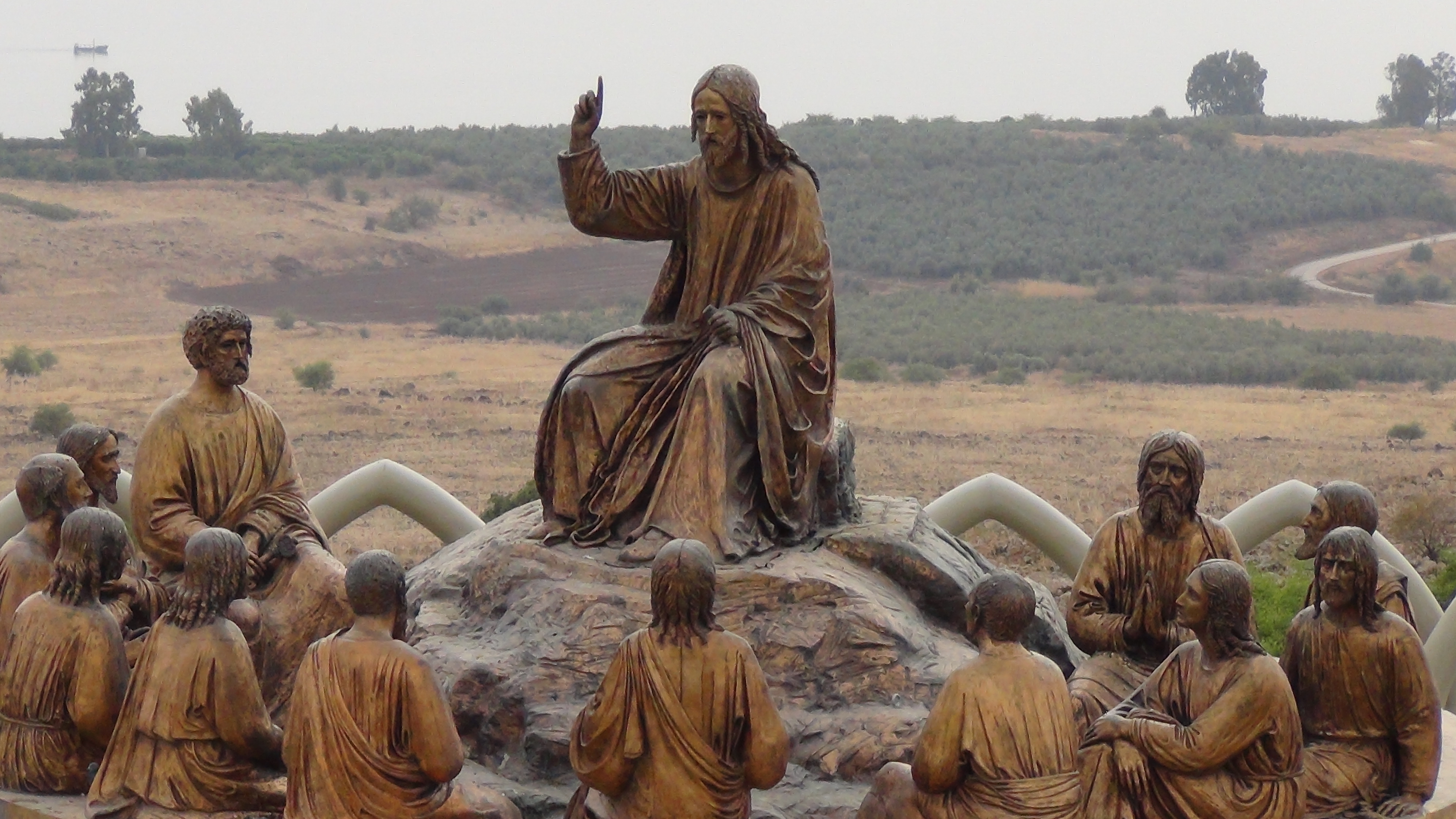
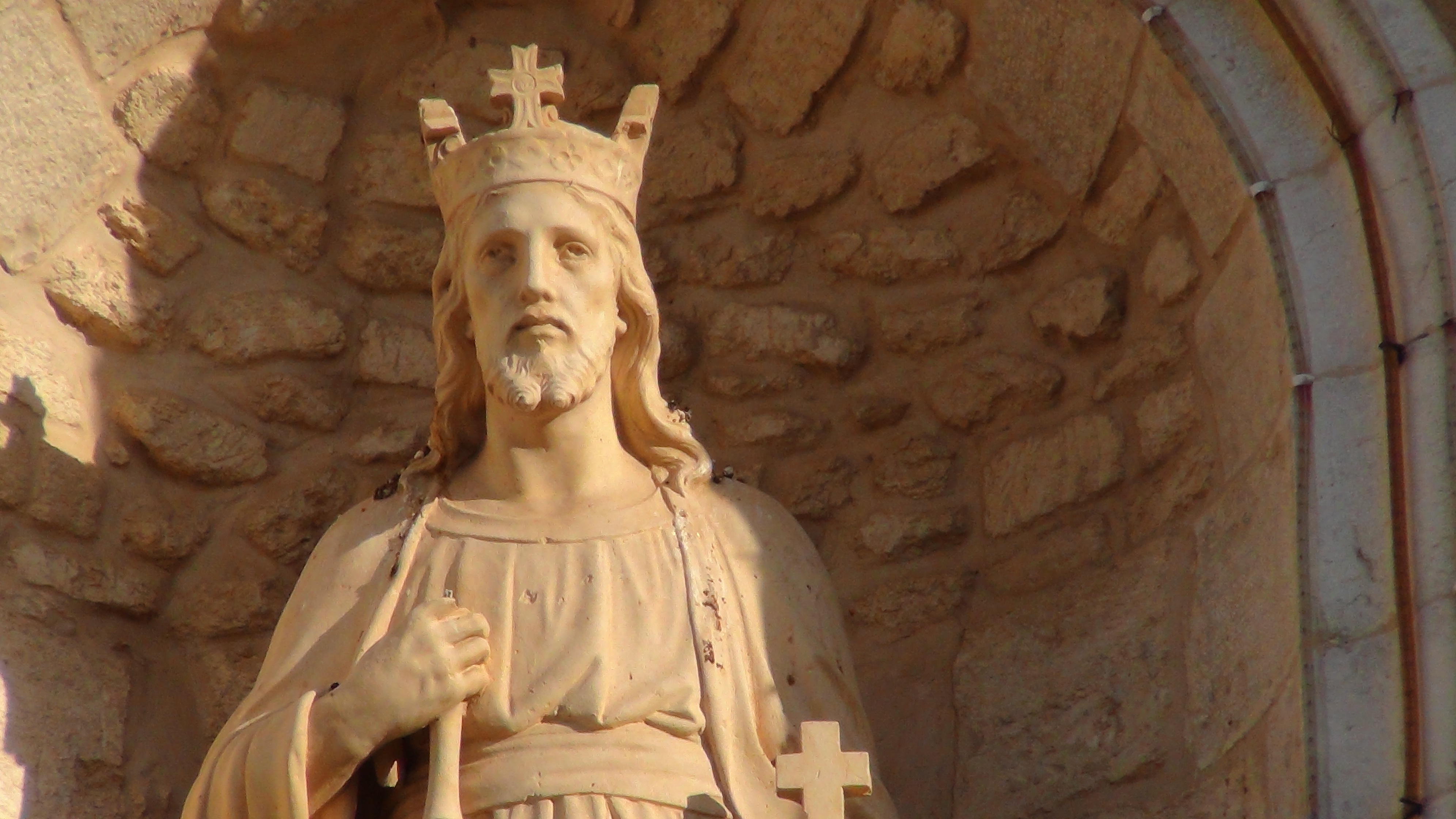
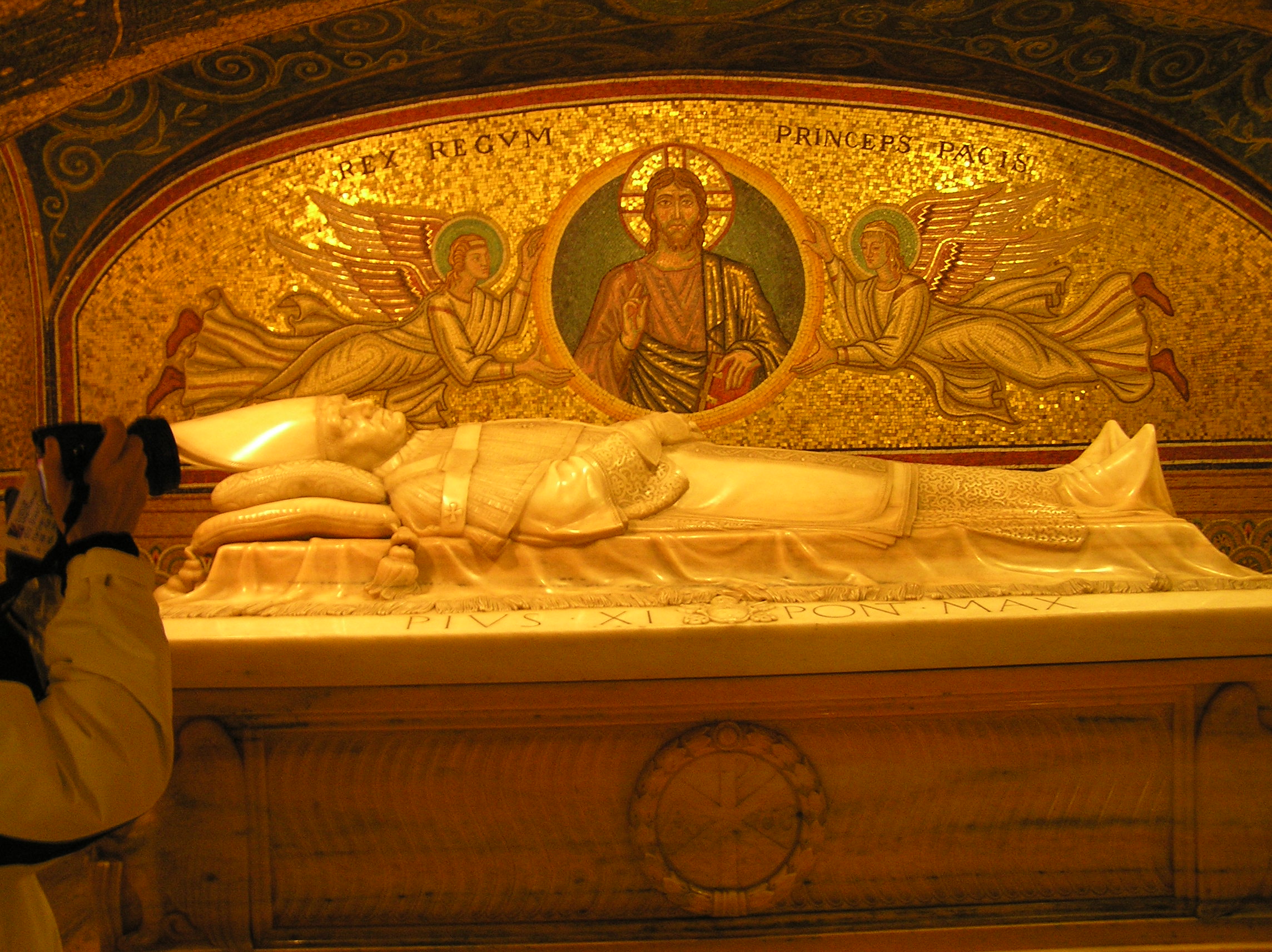



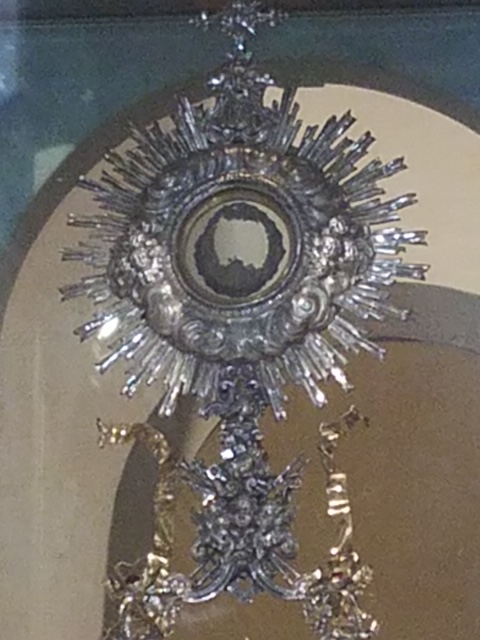

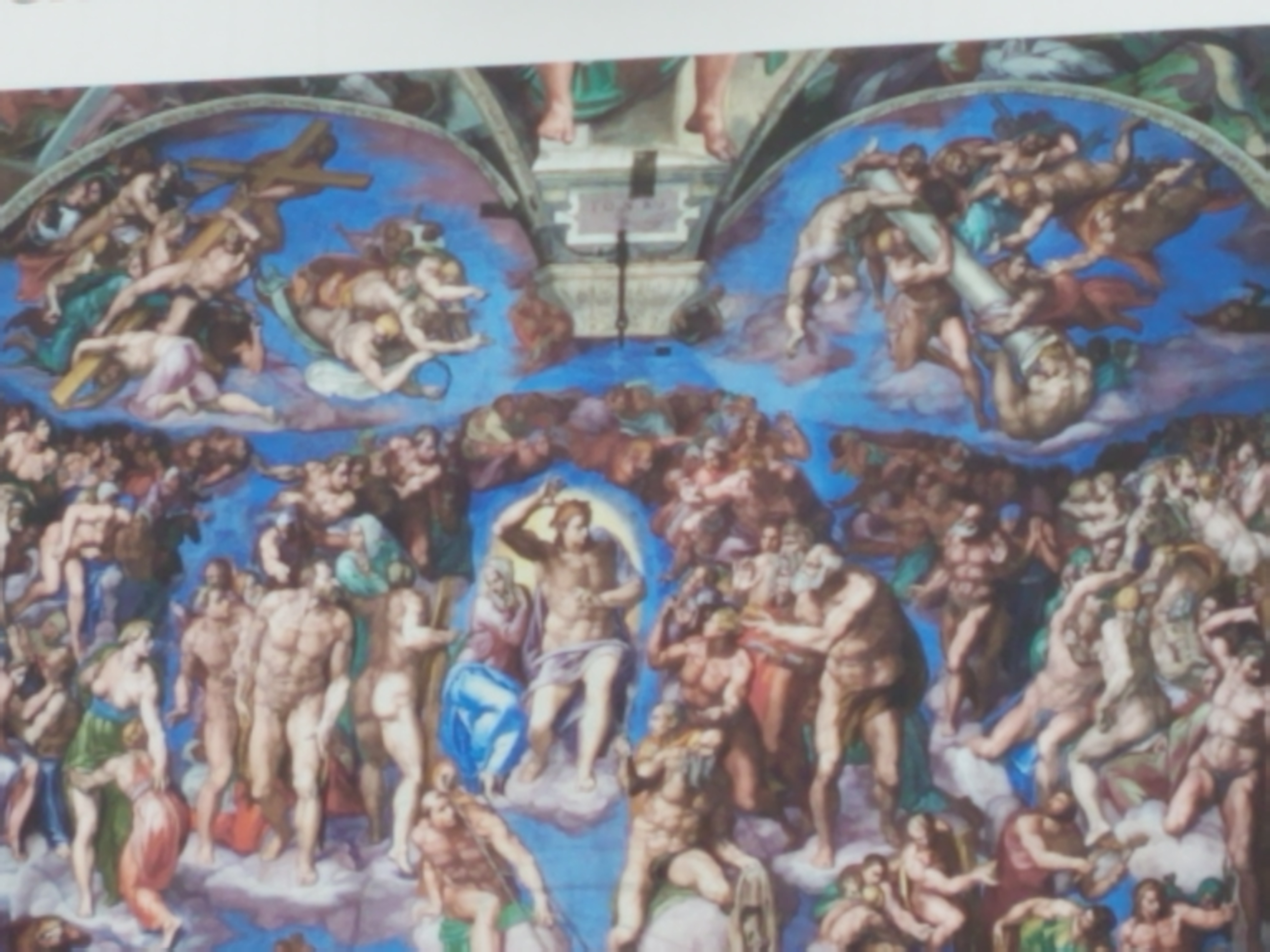

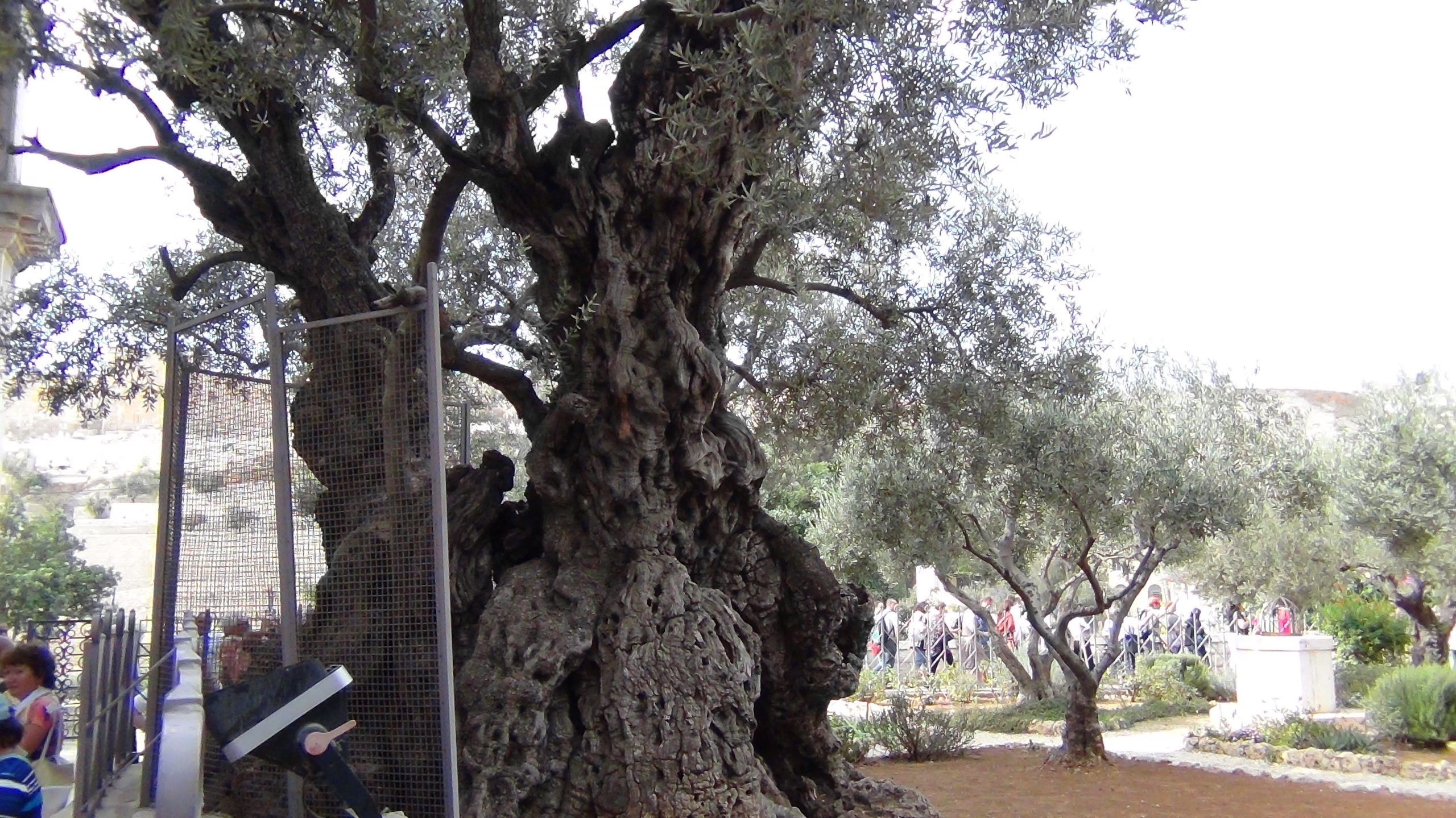

Recent Comments